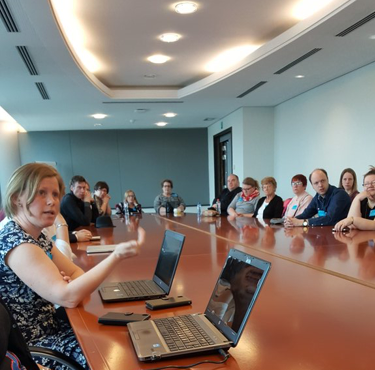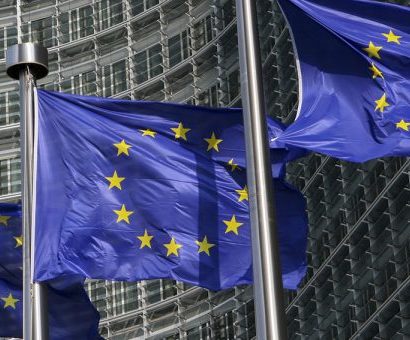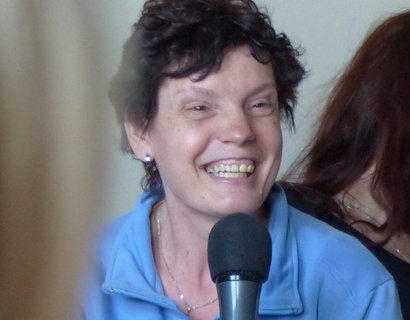What has been done in the last 5 years to improve the lives of persons with disabilities in the European Union? The answer from persons with intellectual disabilities and their families is “not much”.
Not good enough. Three words to summarize the track record of the European Union (EU) in upholding the rights of people with disabilities, as made clear by the United Nations (UN) this week.
Not good enough. Three words to summarize the track record of the European Union (EU) in upholding the rights of people with disabilities, as made clear by the United Nations (UN) this week.
Europe’s self-advocates made their voices heard during the 2nd conference of the European Platform of Self-Advocates. Well aware of their rights, participants shared their experiences and discussed ways of breaking down the barriers faced by people with intellectual disabilities in everyday lives.
Study has shown that nine of the 10 people with intellectual disabilities who were polled admitted to having experienced discrimination, while 51% of respondents believed they were part of the most discriminated group in society.
The United Nations Committee on the Rights of Persons with Disabilities is currently in the process of examining the measures taken by the European institutions to ensure that the rights of people with disabilities are considered in all relevant legislative proposals, as well as in all EU policy processes.
Last January, Inclusion Europe's Milan Šveřepa was interviewed by David Klimeš for the Czech news-server Aktuálně.cz. They talked about deinstitutionalisation, rights of people with intellectual disabilities and the use of EU funding to improve the social system in the country.
Barbora Mikulová comes from Czechia.
She has lived in institutions for most of her life
but she finally lives alone now.
Search
Archives
Categories
Latest Posts
January 29, 2024
December 19, 2023
December 18, 2023
November 28, 2023
Tags
Europe in Action 2010European SemesterreportEU Alliance for Investing in ChildrenAndrea WesterlundEASPDCanadaHarry RochePerspektivaInclusionEurope in Action 2009World CongressHappiness dayEurope in Action 2006Europe in Action 2005Europe in Action 2004Europe in Action 2003Europe in Action 2020Europe in Action 2007Katrin Langensiepen









